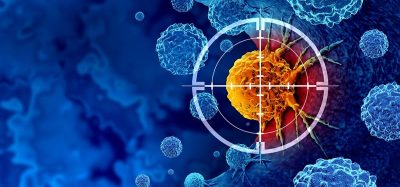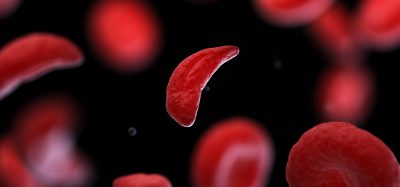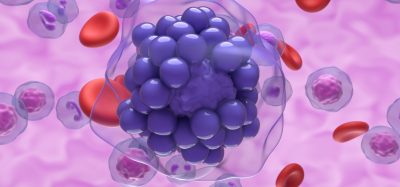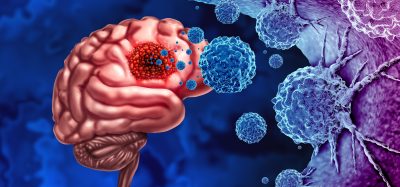Ketogenic diet and a new cancer drug starves pancreatic cells
Posted: 16 August 2024 | Drug Target Review | No comments yet
The discovery that eFT508 blocks eIF4E and the ketogenic pathway could provide the foundation for personalised therapies.
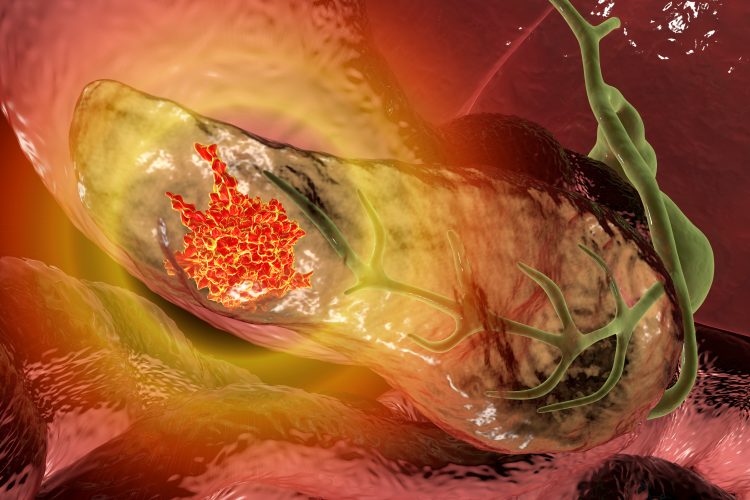

Researchers at the UC San Francisco have discovered that combining a novel drug with a ketogenic diet in animal model of pancreatic cancer starved the cancer cells.
How the body subsists on fat while fasting has been poorly understood. Dr Davide Ruggero, Goldberg-Benioff Endowed Professor and American Cancer Society Research Professor in the Departments of Urology and Cellular Molecular Pharmacology at UCSF and senior author of the paper, commented: “Our findings led us straight to the biology of one of the deadliest cancers, pancreatic cancer.”
The team revealed how eukaryotic translation initiation factor (eIF4E) alters the body’s metabolism to switch to fat consumption during fasting. The same switch also happens, owing to eIF4E, when an animal is on a ketogenic diet.
Furthermore, they discovered that eFT508, a new cancer drug currently in clinical trials, blocks eIF4E and the ketogenic pathway, stopping the body from metabolising fat. Without fat metabolism, the tumours stop growing. Combining the drug with a ketogenic diet in animal models starved the malignant cells. Dr Ruggero explained: “Our findings open a point of vulnerability that we can treat with a clinical inhibitor that we already know is safe in humans…We now have firm evidence of one way in which diet might be used alongside pre-existing cancer therapies to precisely eliminate a cancer.”
The liver converts fats into ketone bodies to use in place of glucose during fasting. It was observed that eIF4E in the liver became more active, even as the liver paused its other metabolic activity, indicating that this factor was involved in ketogenesis.
“Fasting has been part of various cultural and religious practices for centuries, often believed to promote health,” highlighted Dr Haojun, post-doctoral researcher in Ruggero’s lab and first author of the study. “Our finding that fasting remodels gene expression provides a potential biological explanation for these benefits.”
The researchers tracked how different metabolic pathways changed during fasting and discovered that eIF4E was activated by the presence of free fatty acids, released by fat cells early in fasting, so the body has a source to consume from. In the liver, ketone body production from burning fat, as well as a rise in eIF4E activity, also happened when laboratory animals were given a ketogenic diet consisting primarily of fat.
Treating pancreatic cancer
Firstly, the team treated pancreatic cancer with a drug named eFT508, also known as tomivosertib, which disables eIF4E with the intention of blocking tumour growth. However, the pancreatic tumours continued their growth, sustained by other sources of energy, such as glucose and carbohydrates.
With the understanding that pancreatic cancer can thrive on fat, and that eIF4E is more active during fat burning, the scientists first placed the animals on a ketogenic diet. This made the tumours to only consume fats. The cancer drug was then administered which eliminated the cancer cells’ sustenance, shrinking the tumours.
Dr Ruggero and Dr Kevan Shokat, UCSF professor of cellular and molecular pharmacology, developed eFT508 in the 2010s. Although it demonstrated some promise in clinical trials, there is now a more potent use for it.
“The field has struggled to firmly link diet with cancer and cancer treatments,” Dr Ruggero commented. “But to really connect these things productively, you need to know the mechanism.”
Moving forward, different diet-drug combinations will be required to treat more cancer types. “We expect most cancers to have other vulnerabilities…This is the foundation for a new way to treat cancer with diet and personalised therapies,” Dr Ruggero concluded.
This study was published in Nature.
Related topics
Cancer research, Clinical Trials, Oncology
Related conditions
Pancreatic cancer
Related organisations
UC San Francisco (UCSF)
Related people
Dr Davide Ruggero (UCSF), Dr Haojun Yang (UCSF), Dr Kevan Shokat (UCSF)



